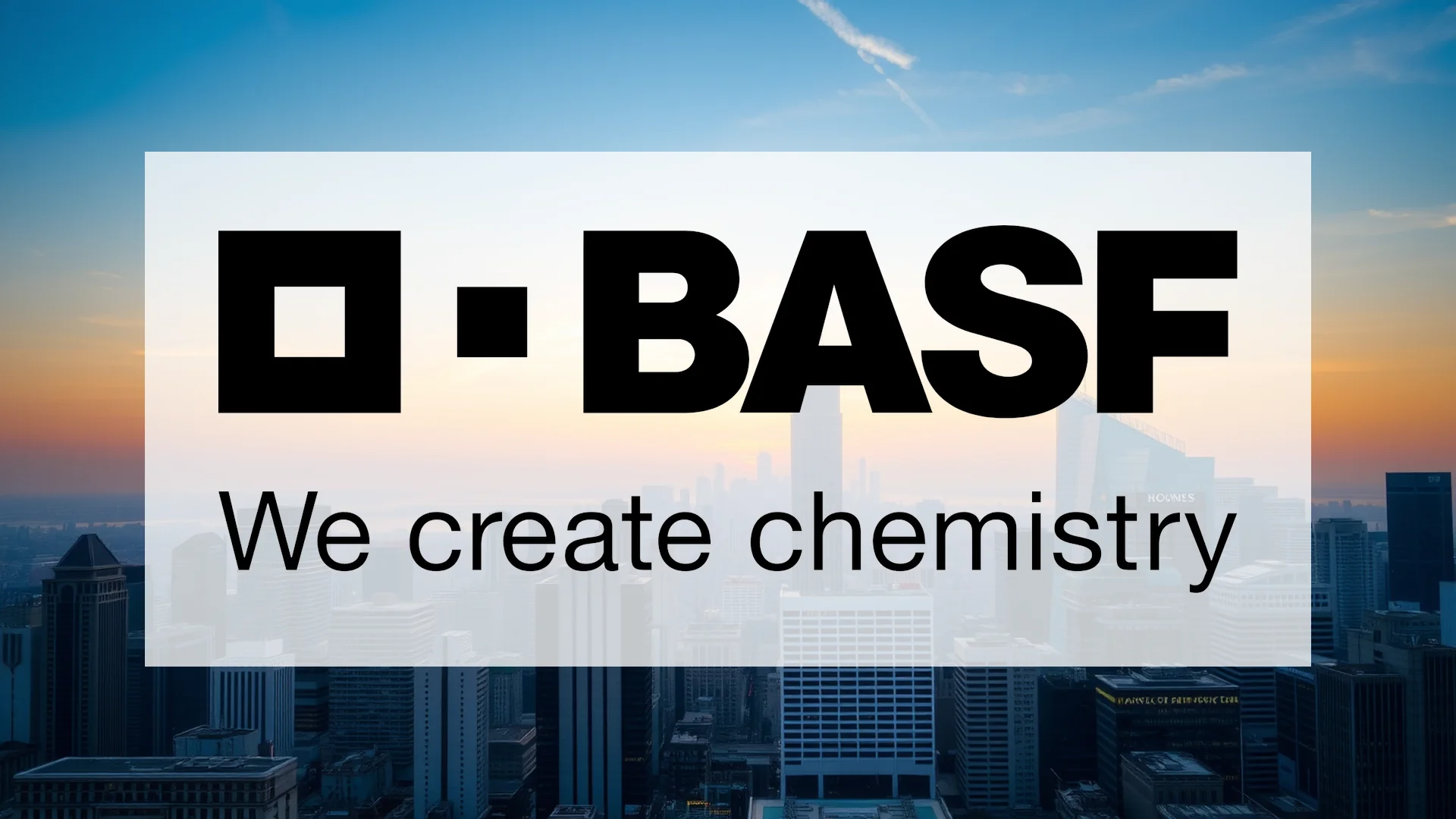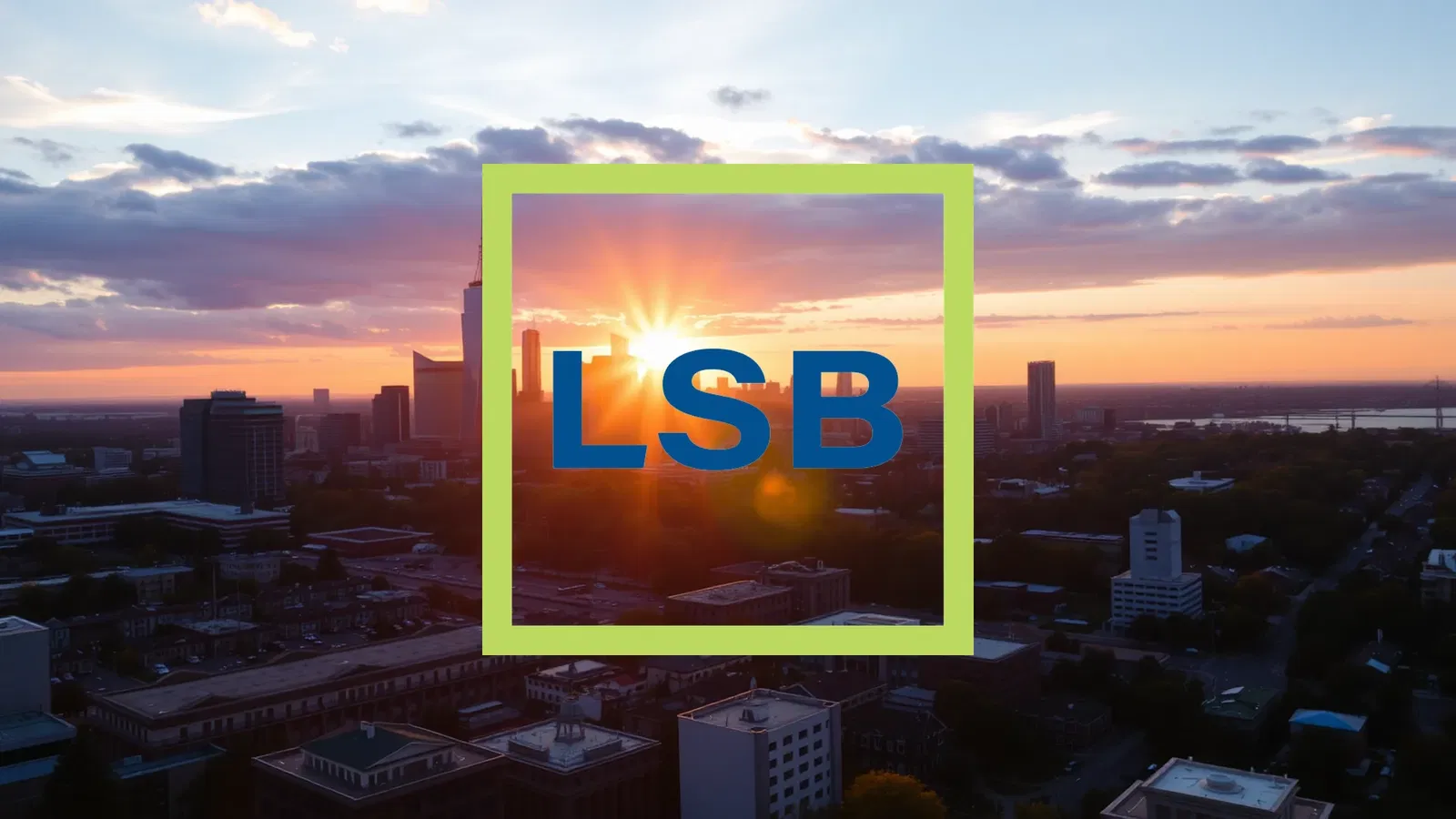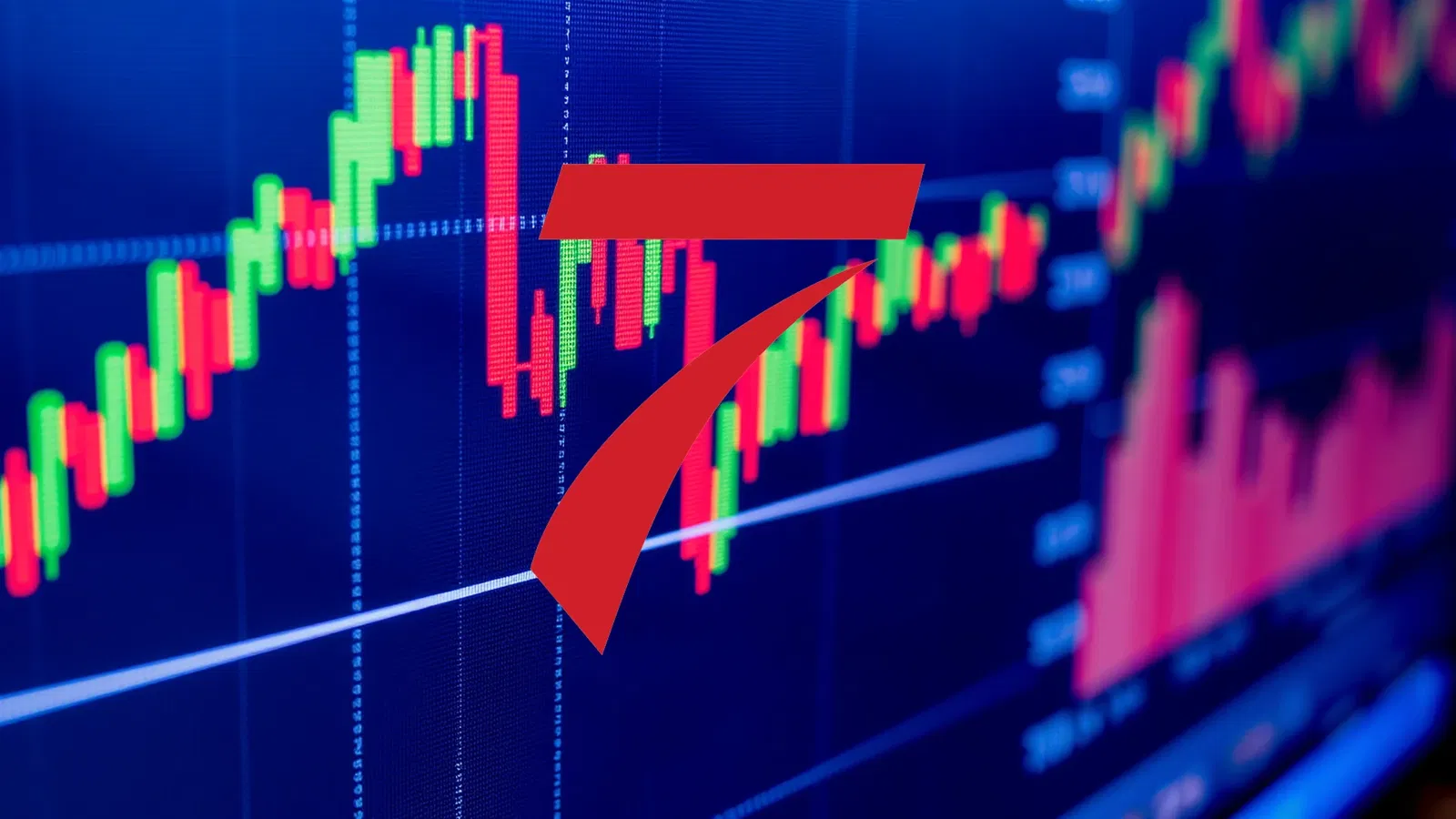BASF has unveiled a transformative approach to automotive refinishing through an unexpected source: recycled tires. The chemical giant has introduced clearcoat products utilizing its proprietary ChemCycling® technology, marking a significant advancement in sustainable manufacturing. This strategic move into the circular economy could potentially reshape market perceptions of the company’s stock, which has faced recent challenges.
Turning Waste Into High-Value Solutions
The launch represents BASF’s inaugural entry into the automotive refinish market using recycled raw materials. Through this innovation, the company’s Glasurit® and R-M® brand clearcoats effectively convert waste materials into premium coating products while reducing dependence on fossil resources. The technology offers multiple environmental advantages:
- Substitution of fossil resources with materials derived from end-of-life tires
- Substantially lower CO₂ emissions across the entire value chain
- Exclusive mass balance certification enabled by BASF’s proprietary process
- Waste reduction through conversion of discarded tires into high-performance products
Operational Advantages for Body Shops
Beyond environmental benefits, these new clearcoats deliver practical operational improvements. They require only 20 minutes to dry at 40°C, significantly reducing energy consumption and increasing efficiency for automotive refinishers. This accelerated drying process proves particularly valuable for electric vehicles, as it minimizes heat exposure to sensitive battery systems that traditional refinishing processes might compromise.
Complementing this development, BASF has expanded its portfolio with new biomass-balanced basecoats that reduce CO₂ emissions by up to 50 percent. Combined with the industry’s lowest VOC content of under 250 g/L, these innovations strengthen the company’s position as a technological leader in sustainable coatings.
Should investors sell immediately? Or is it worth buying BASF?
Strategic Timing for Market Expansion
The product introduction aligns perfectly with evolving market dynamics. Global automotive industry demand for sustainable solutions continues to grow alongside tightening regulatory requirements worldwide. BASF’s extensive global footprint across Europe, North America, and Asia provides ideal infrastructure for scaling this technology across key markets.
The Coatings division, which generated approximately €4.4 billion in revenue during 2023, stands to gain considerable value from this innovation. Furthermore, the ChemCycling technology platform offers potential application across additional product categories, suggesting substantial growth opportunities beyond automotive coatings.
Market Performance and Recovery Potential
Despite these technological advancements, BASF shares have recently traded at €43.50, reflecting ongoing market pressures. The current price remains approximately 19 percent below its 52-week high. However, innovations of this scale could potentially establish the foundation for sustained recovery.
The critical question remains whether markets will fully recognize the disruptive potential of this circular economy solution. For a corporation of BASF’s magnitude, such technology-driven growth initiatives are relatively uncommon—and may currently be undervalued by investors.
Ad
BASF Stock: Buy or Sell?! New BASF Analysis from February 7 delivers the answer:
The latest BASF figures speak for themselves: Urgent action needed for BASF investors. Is it worth buying or should you sell? Find out what to do now in the current free analysis from February 7.
BASF: Buy or sell? Read more here...












